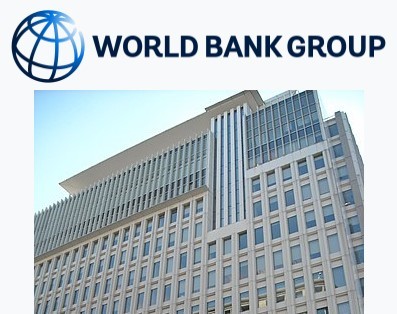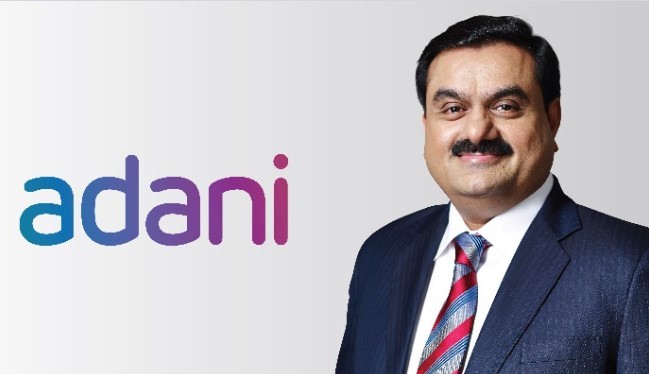In an effort to rebuild and maintain trust the World Bank Group on Thursday confirmed that it will cease ‘Doing Business’ reports. Furthermore, it will embark on new perspective to assessing business and investment atmosphere in countries.
In a statement, the World Bank stated that after the irregularities raised ethical matters involving former bank staff and board officials, the development lender will work on a new way to assessing countries’ business and investment scenario.
International Monetary Fund Managing Director Kristalina Georgieva has also been cited by the World Bank in the probe of its periodic “Doing Business” report, which has been abandoned after it was tarnished by ethics issues.
Georgieva served as chief executive officer of the World Bank prior to moving to head the IMF.
Read World Bank’s full official statement :
“Trust in the research of the World Bank Group is vital. World Bank Group research informs the actions of policymakers, helps countries make better-informed decisions, and allows stakeholders to measure economic and social improvements more accurately.

Such research has also been a valuable tool for the private sector, civil society, academia, journalists, and others, broadening understanding of global issues.
After data irregularities on Doing Business 2018 and 2020 were reported internally in June 2020, World Bank management paused the next Doing Business report and initiated a series of reviews and audits of the report and its methodology.
In addition, because the internal reports raised ethical matters, including the conduct of former Board officials as well as current and/or former Bank staff, management reported the allegations to the Bank’s appropriate internal accountability mechanisms.
After reviewing all the information available to date on Doing Business, including the findings of past reviews, audits, and the report the Bank released today on behalf of the Board of Executive Directors, World Bank Group management has taken the decision to discontinue the Doing Business report.
The reason for discontinuing business reports
- First : Data irregularities on Doing Business 2018 and 2020 were reported internally in June 2020, World Bank management paused the next Doing Business report,’ it says in a statement
- Secondly, Managing Director Kristalina Georgieva has also been cited by the World Bank in the probe
World Bank New Climate Change Action Plan 2021
The World Bank Group remains firmly committed to advancing the role of the private sector in development and providing support to governments to design the regulatory environment that supports this.
Going forward, we will be working on a new approach to assessing the business and investment climate. We are deeply grateful to the efforts of the many staff members who have worked diligently to advance the business climate agenda, and we look forward to harnessing their energies and abilities in new ways.”
The World Bank Group has a new Climate Change Action Plan (CCAP) to guide its interventions over the next five years. The plan, published today following a discussion with the World Bank Group Board of Directors on June 17, broadly lays out how we will support climate action – both mitigation and adaptation efforts – for our clients – government and private sector – over the coming 5 years.
The CCAP comes at a momentous time. The climate crisis is getting worse and its relationship with poverty and inequality is now clearly visible. Meanwhile, countries are grappling with the COVID-19 pandemic and many face an uneven recovery. This year also offers a major moment for climate diplomacy, with countries being urged to submit more ambitious national climate targets ahead of COP26 in Glasgow. Cities and subnational actors, as well as businesses and investors are also showing clear determination and progress, in reducing their carbon footprint.
For countries at all stages of development, it’s going to be important to reduce the trajectory of global greenhouse gas emissions and boost resilience to mounting climate impacts. A core part of the CCAP will focus on key systems that together generate over 90% of global greenhouse gas emissions – energy; agriculture, food, water and land; cities; transport; and manufacturing – all of which also face significant adaptation challenges.
The Plan also aims to have significantly greater systemic impact. To better understand how the CCAP will support countries, companies and communities to act on climate change, we sat down with Bernice van Bronkhorst, the Bank’s Global Director for Climate Change; Genevieve Connors, Practice Manager, Climate Change Advisory and Operations; Vivek Pathak, Director and Global Head of Climate Business at IFC; and Merli Baroudi, Director of Economics and Sustainability at MIGA.
What is the main objective of the Climate Change Action Plan?
We see climate action as fundamental to alleviating poverty and boosting shared prosperity – a mission that’s at the core of the World Bank Group’s development mandate. Simply put: good development outcomes are at risk from the climate crisis; and conversely, acting on climate can unlock significant economic opportunities for all countries.
At its heart, therefore, this CCAP is our concerted effort to support countries and private sector clients to address climate and development challenges together. We think it represents a real paradigm shift for the WBG to advance development in a green, resilient and inclusive way. And it is very much a living document that is designed to be agile and evolve with time and needs.ld Bank in the probe






